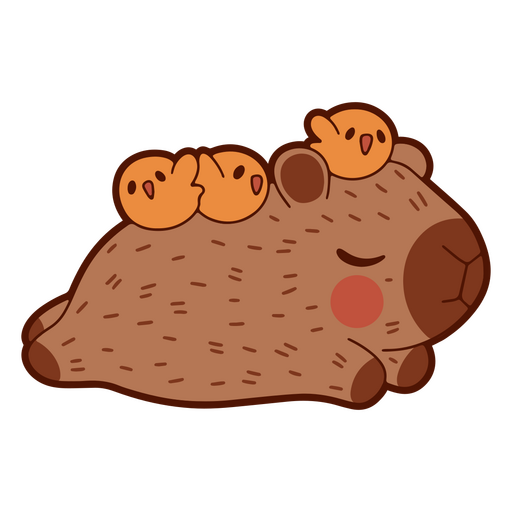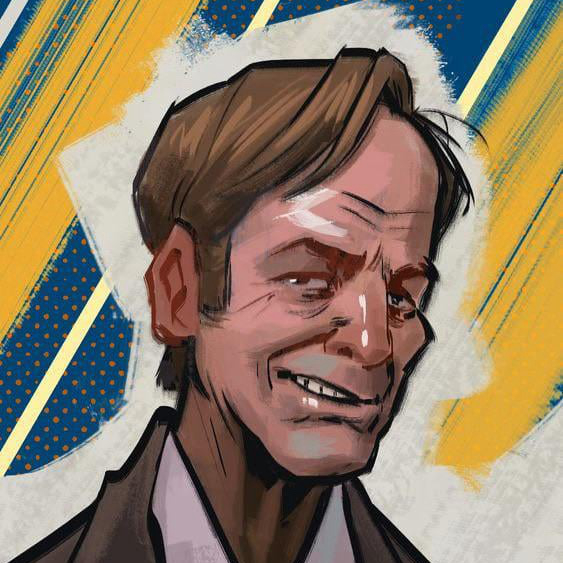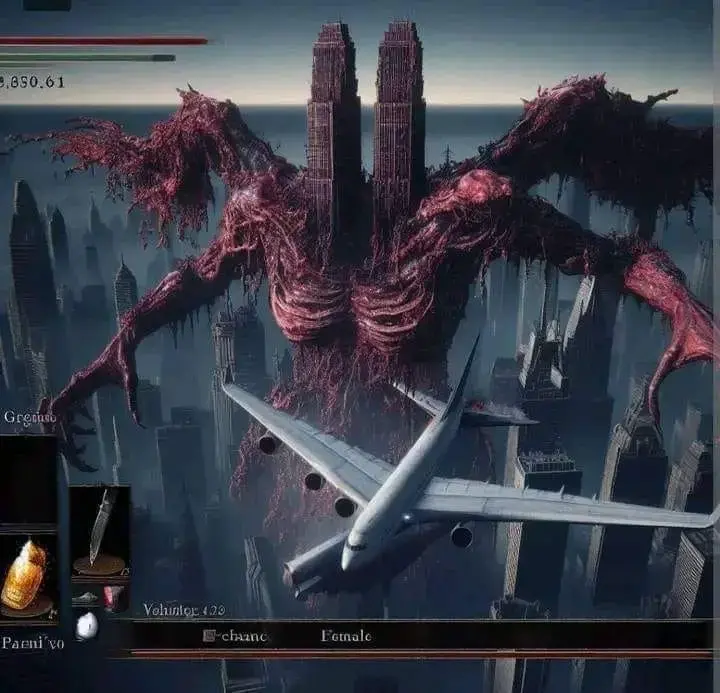As someone who doesn't particularly like Pathfinder (it's too D&D for my tastes), even I'll say that Pathfinder 2e is the best version of D&D there has ever been, taking literally every single good idea D&D has ever had and refining it, while doing as much as possible to fix and paper over every bad idea that anything trying to be D&D is stuck with for legacy reasons. I don't understand how anyone can just be like "nah I'll stick with D&D" when they have an alternative that's literally just D&D but actually functional and decent.
I feel like it's mostly brand recognition. Are there any media tie-ins for pathfinder? I assume critical role and others like it are still D&D.
Kingmaker and Wrath of the Righteous are a couple of the most well regarded CRPGs in the past several years.
Wrath of the Righteous is one of the best CRPGs ever. It’s better than Baldurs Gate 3 in so many ways and worse in some and honestly the ability to use Level 10 spells alone makes the combat far better.
Hate that BG3 doesn't even let you get into the somewhat interesting later level abilities and spells, that's a fundamental 5e leveling problem though. Now WotR on the other hand lets you become a horrific avatar of decay and spread plagues across the land...
Love the characters and presentation of BG3 and all, but I really want that ttrpg freedom and room for growth.
It's 100% a brand recognition thing, but D&D has 50 years of being the face of all TTRPGs to Paizo's not even 20 of being the second most famous D&D-like TTRPG. Even in the TTRPG community plenty of people say "D&D" to refer to anything from Call of Cthulhu to Shadowrun.
There's so many cool indie TTRPGs out there, too. Games in all sorts of genres and stuff!
That's why I buy hard copies or pirate PDFs, you won't catch me paying a subscription instead of owning something
My mind automatically expanded WOTC as “World of Trade Center”
If you want to move away from 5e, but remain in a heroic fantasy:
-
Pathfinder 2e is flat out better than 5e at being D&D. However, it's got much less of the rules ambiguity that plagues 5e. This can be both good and bad: it's good because there's a lower cognitive load for the gamemaster, it's bad because there's a higher cognitive load for players to remember their mechanics. A more even division, but some groups will be reticent to switch just because it's not 5e.
-
Dungeon World is 5e if you went the complete other way and ditched the crunch rules for narrative ones. Faster to learn and pick up but not for players who enjoy tactical play. Member of an entire genre of games on the same "engine", Powered By The Apocalypse, which gives us Blades in the Dark, the best heisting RPG, and Monster of the Week, a top tier urban fantasy RPG in the vein of X-Files and Buffy the Vampire Slayer. Learning any of these qualifies a group to play all of them with far less friction.
-
Songbirds is D&D stripped of its noxious past. Proudly queer, a heroic, not necessarily medieval fantasy setting. Takes what's best of D&D into a lighter RPG that's more narratively strong but still provides some tactical play.
-
ICON, an in-development, open play test heroic fantasy RPG in the New Weird genre. By the same people as LANCER, the best tactical Mecha RPG out there. Tom Bloom, its designer, also has Maleghast, GUN, Broken Worlds, Goblin With A Fat Ass, and more, spanning genres.
There's also a few games coming out that are just 5e with a hat on, made by prominent creators in response to last year's license controversy. Desiring to move away from dependency on WotC, we now have Kobold Press's Tales of the Valiant, and Matt Colville's MCDM RPG.
Or play DnD 3.5e, a horrible game but one we run a West Marches server for (link in bio)
I am obssessed with PF2e and feel compelled to jump to it's defence against your incredibly minor criticism: The higher cognitive load for players is there, but I would say that there are 2 mitigating factors. Firstly, the rules have an underlying mechanical unity that makes new rules easy to understand once you've gotten used to the basics, and secondly, the lower cognitive load for the gamemaster actually makes it a lot easier for them to support the players in learning the rules through play.
I think the real issue for PF2e is that in being the best D&D it does actually require tactical combat, so can be very frustrating for more casual players who just want do a lot of damage rather than thinking about debuffs and positioning. Shadow of the Demon Lord/Weird Wizard nicely fits the niche between PF2e and DW that 5e should occupy, with a balance of narrative and crunch to its combat.There's plenty to critique about the game in its own right, such as spells being balanced around mostly failing, which doesn't feel great, and the weirdly large number of plant person species to choose from instead of enhancing existing species with more options, but those are all internal criticisms that don't really apply when making an external comparison to 5e. If comparing to 5e all you really need to do is describe how it'll play differently for the players, and in my experience players aren't usually 100% open to learning a new system if there's any friction in doing so.
the weirdly large number of plant person species
There's only 2! Even "living soul sealed in a constructed body" gets 3. There's like 10 "humans but short/shorter/skinny/underwater/etc" ancestries. Mammals and Lizards get like 5 each. Plant ancestries (Plantcestries) and Mineral ancestries are grossly underrepresented in general.
Also, I've found the easy way to convert players is start playing the different game and if they question anything tell them it's homebrew.
Apocalypse (based on my experience playing monster of the week) has some awkwardness due to how rules light it is (maybe 4 pages? Super light) , but after getting over the awkward part it's super fun.
I'd definitely recommend it to a group looking for more casual sessions or to introduce people to role playing, it really gives the players a lot of room to play.
-
D&D will be just an enshittified version of itself in the future anyways. Never played it myself but I’ve been very involved with video games based on DND.
Also Basic Fantasy is free to download. Books are like $8 or something on Amazon. I run it a lot because I can't stand breaking the flow to look up tables or Feats or abilities. Just the fundamentals there, and you can buy a book for each player if you want without going broke. Or they can download everything for free...
I found a YouTube link in your post. Here are links to the same video on alternative frontends that protect your privacy:












